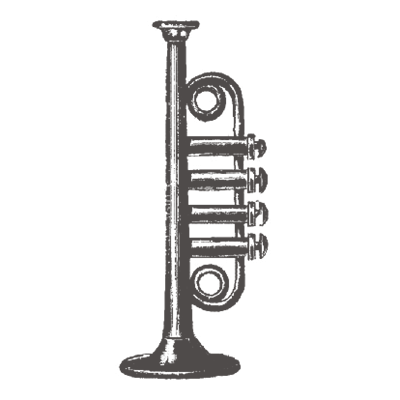Environmental exploitation fees must be paid by the end of March
Businesses exploiting the environment are required to calculate and pay the relevant fees. The deadline for fees for 2016 is 31 March 2017. Certain exemptions entered into force on 1 January 2017.

Serious changes in Gambling Act
The latest amendment to the Gambling Act enters into force on 1 April 2017. The effective date may be a joke, but the changes are no laughing matter. Will they achieve the intended results?

Springtime for “In Principle”
Spring is in the air, and “In Principle” is changing its layout. We opted for clarity, showcasing the legal content that is the portal’s strong suit.

Business Law: New rules for administrative proceedings
A proposal for a long-promised act intended to facilitate the operation of businesses was published on the Government Legislation Centre website in February. The proposed Business Law contains a set of rules that would apply in administrative proceedings from as early as September 2017.

Sleepers awake!
In February 2017, the first notices began to appear in nationwide Polish newspapers and on the City of Warsaw website summoning legal successors of former owners of Warsaw properties to appear in reprivatisation proceedings and prove their rights—or the proceedings will be discontinued.

Clause on choice of foreign law not always effective in consumer transactions
Traders offering goods and services online often provide in their general terms and conditions that contracts with consumers will be governed by the law of the country there the seller has its registered office. EU law basically allows such contracts, but the choice of law must not deprive the consumer of the protection afforded him by mandatory provisions of law which would have been applicable if the contract did not contain the choice of law clause.

What has changed in the ICC Rules?
Amendments to the Rules of Arbitration of the International Chamber of Commerce in Paris entered into force on 1 March 2017. The amendments were inspired by the desire to provide additional transparency and improved efficiency in international arbitration proceedings based on the ICC Rules. The new features respond to calls from the arbitration community to establish a more tailor-made arbitration procedure.

Longer period for reopening civil proceedings
Under regulations in force from 15 February 2017, reopening of a civil proceeding ended in a legally final judgment can be sought within 10 years after the judgment became legally final. The previous regulations provided for a 5-year period for seeking reopening of proceedings.

Special oversight of contracts for supply of agricultural products
On 17 February 2017 the president of the Agricultural Market Agency issued a set of instructions entitled “Conditions for Monitoring of Contracts for Supply of Agricultural Products.” The document includes guidelines for the content and procedure for conclusion of such contracts and the rules for monitoring compliance with the obligation to conclude contracts in writing between buyers, sellers and intermediaries trading in agricultural products in Poland.

State aid issues

Shares exchange

Restrictions on transactions in strategic sectors
